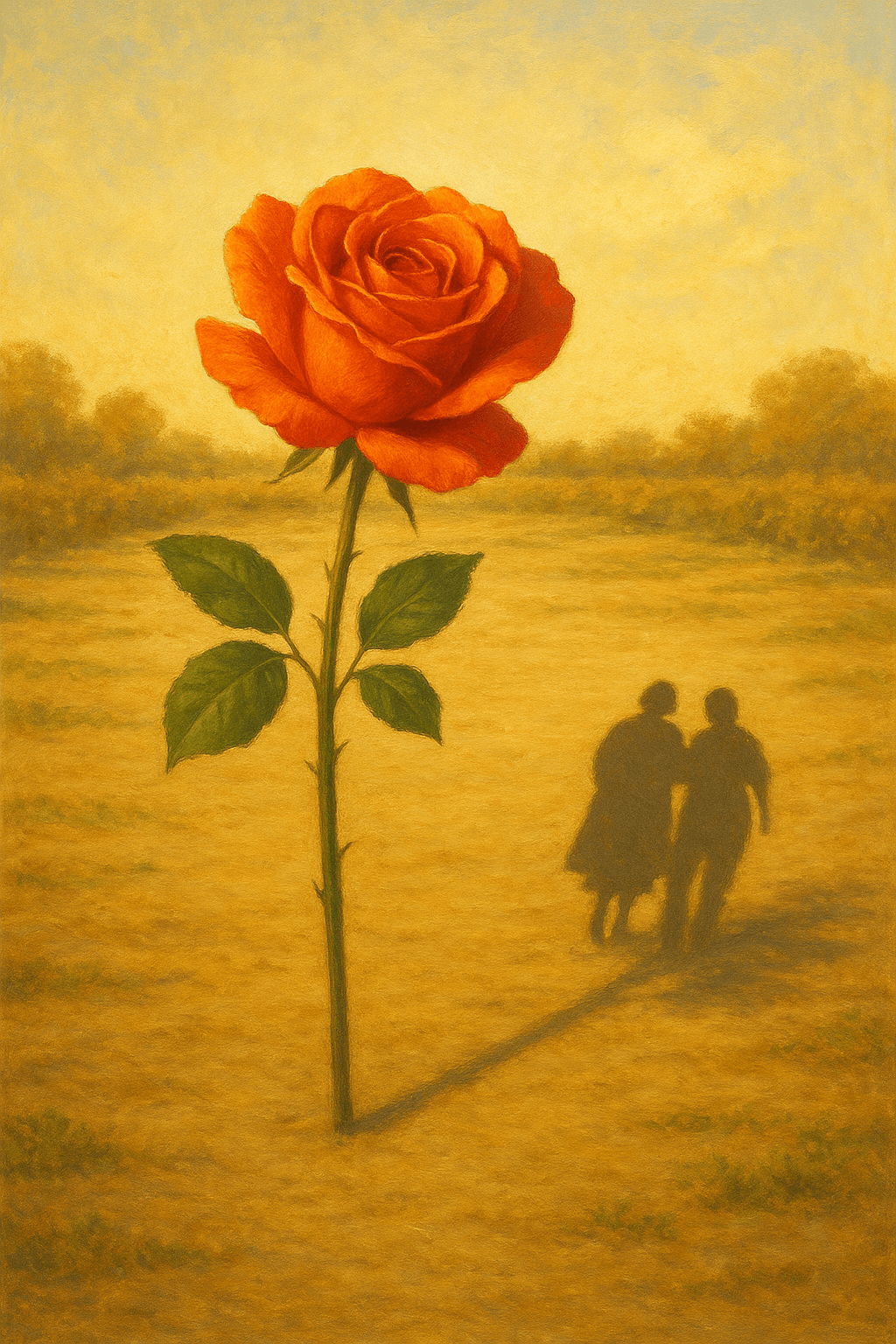The Transformative Power of Friendship’s Simplicity

A single rose can be my garden… a single friend, my world. — Leo Buscaglia
—What lingers after this line?
One-minute reflection
Where does this idea show up in your life right now?
Finding Abundance in Small Gestures
Buscaglia’s evocative metaphor highlights how even a single rose—an emblem of beauty and affection—can count as a full garden for the appreciative soul. This observation reminds us that true value often lies not in quantity but in the ability to appreciate singular, meaningful gifts. Much like a rose blooming alone in a field, one precious gesture can fill emotional landscapes with joy, demonstrating how the smallest acts or presences can enrich our lives beyond measure.
The Singular Impact of Friendship
Building on this metaphor, Buscaglia elevates friendship to a universal scale: just one friend can constitute an entire world. This echoes Ralph Waldo Emerson’s reflections in 'Friendship' (1841), where the author contends that a sole genuine connection is worth more than countless acquaintances. Such a profound relationship offers companionship, support, and understanding, acting as a steady anchor amid the turbulence of life.
Emotional Fulfillment Through Connection
Transitioning from philosophical reflection to psychology, studies by psychologist John Cacioppo suggest that even a single deep human bond significantly improves well-being and mitigates feelings of isolation. This underscores Buscaglia’s point: it is intimacy and genuine interaction, rather than social quantity, that truly satisfies our emotional needs and creates a sense of belonging.
Lessons from Literature and Real Life
In extending this idea, countless literary works affirm the transformative power of a lone friend. Consider Charlotte’s unwavering loyalty to Wilbur in E.B. White’s 'Charlotte’s Web' (1952): their friendship changes the fate not just of two individuals, but the community around them. Such stories resonate with readers because they reflect our own experiences—recognizing that one supportive friend can brighten even the darkest moments.
Cultivating Gratitude for the Present
Finally, Buscaglia’s insight invites us to shift our focus from longing for more to appreciating what we have. The garden and the world, vast as they may be, can be distilled down to singular, treasured experiences—a rose or a friend. By embracing gratitude and presence in the moment, we come to see richness in life’s simplest offerings, ultimately finding fulfillment in places we might have overlooked.